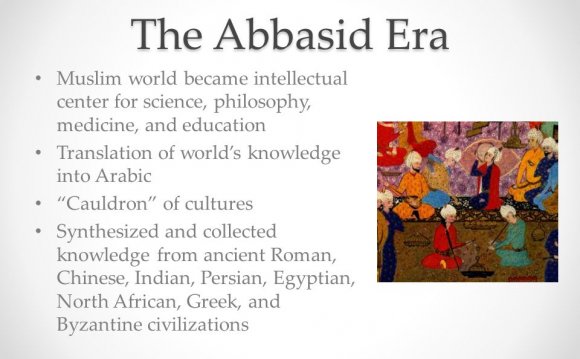
In this Perspectives article, Anna Bernacka considers the role of the translator as a mediator between cultures. Rather than merely supplanting one form of words for another, the translator has the capacity to enhance our understanding of development issues and indigenous cultures by mediating ideas across cultural and national boundaries. The article presents case studies where translation has played a crucial role in bringing new learning and wider understanding to rich, indigenous cultures in India and South Africa thereby enabling languages to become more widely ‘utilized and promoted through education, working towards formal protection by the respective state constitutions and curricula’.
Introduction
Translation is not merely an interlinguistic process. It is more complex than replacing source language text with target language text and includes cultural and educational nuances that can shape the options and attitudes of recipients. Translations are never produced in a cultural or political vacuum and cannot be isolated from the context in which the texts are embedded (Dingwaney and Maier, 1995:3). As David Katan in Translating Cultures puts it: ‘...the translator is a bilingual mediating agent between monolingual communication participants in two different language communities’ (2004: 16). Therefore translators not only have to be intermediaries between different language systems, but also have to be intercultural mediators – or as it has been stated by Aniela Korzeniowska and Piotr Kuhiwczak in Successful Polish-English Translation Tricks of the Trade – they have to be both ‘bilingual and bicultural’ (2006: 71). Thus, translation performs a crucial role in our understanding of the cultural ‘other’.
The role of the translator in mediating source ideas across cultural and national boundaries places him or her in a unique position in particular for understanding a range of development issues. Translating narratives from the global South is an invaluable source of knowledge about unfamiliar languages, indigenous cultures and experiences, and is immensely useful for gaining an understanding of non-European societies. Moreover, translation can also have a critical influence in politics and can act as an agent for reconciliation or social integration. Translations can therefore have a distinct effect on how global and human rights issues can be conveyed and communicated.
The aim of this article is to emphasise different aspects of the translation process that are often misunderstood during a mainly linguistic and uncreative operation where one set of textual material is replaced by another. I will firstly focus on ‘unifying’ aspects of translation in view of the current situation in South Africa where there are eleven official languages recognized by the constitution, but where English has become a dominant language. Secondly, I will discuss the newly discovered Koro language and the difficulties that accompany its translation, a perception based on the Whorfian hypothesis that language is shaped by the world in which we live. This is where the translation of a language will allow us to open the doors to unknown cultural and linguistic environments. The results will arguably introduce rich developing world reference points to translation methodology and development education. Finally, in summary, I will stress the translator’s creative role, which often involves creating a new vocabulary in order to successfully convey the message of the source text. In doing this the interaction between the disciplines of translation studies and development education will become more apparent.
Interpreting Meaning
Translations are never a product of a cultural void and there is a general agreement between translation scholars that ‘in seeking to transport words (and sentences and texts) from one language to another, the translator cannot merely search for equivalent words in the target language to render the meaning of the source’ (Dingwaney and Maier, 1995: 3). Therefore, as stated by Aniela Korzeniowska and Piotr Kuhiwczak, translators not only have to be intermediaries between different language systems, but also have to be intercultural mediators. The role of the translator is to mediate source ideas across cultural and national boundaries placing him or her in a unique position to understand various development issues. Thus translating narratives from the global South is an invaluable source of knowledge about unfamiliar languages and cultural experiences and is immensely useful for gaining an understanding of different societies for development education purposes in particular.
MORE TRANSLATION VIDEO












